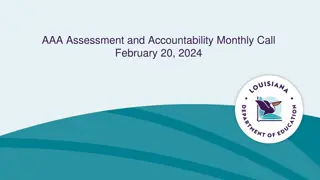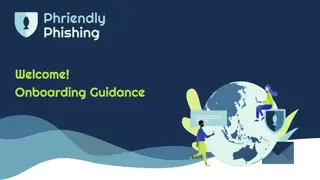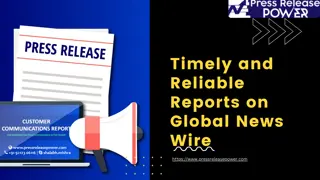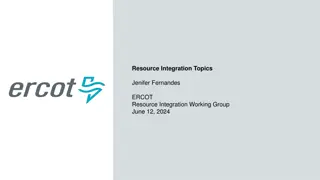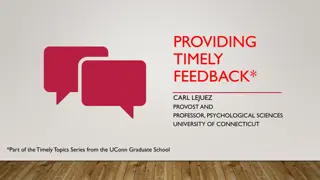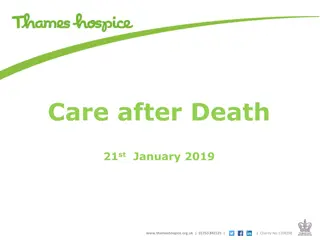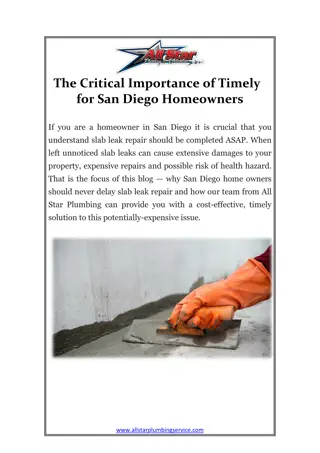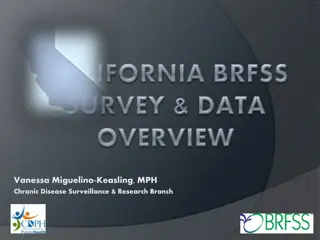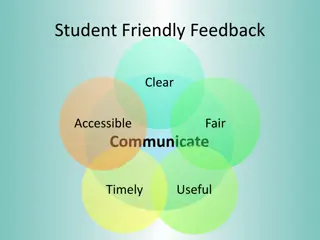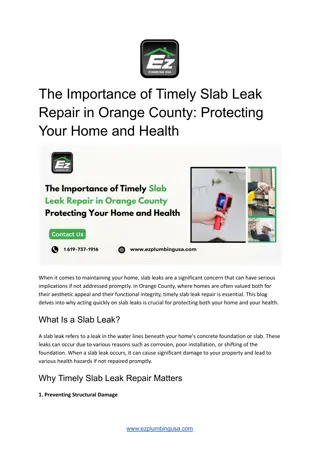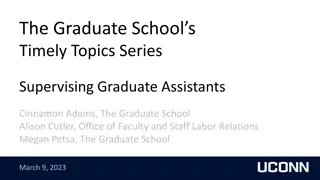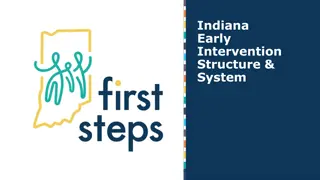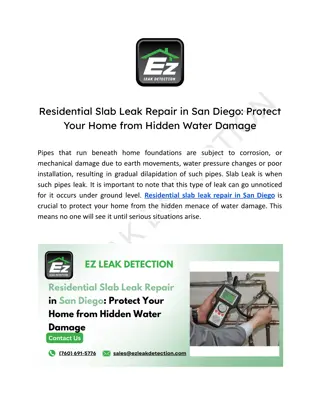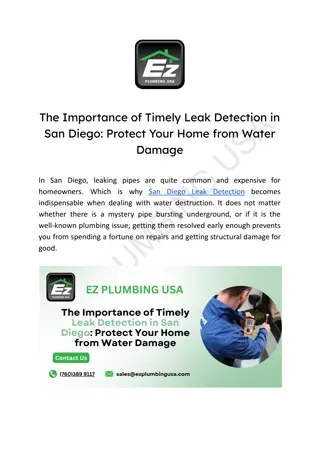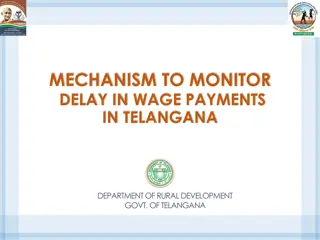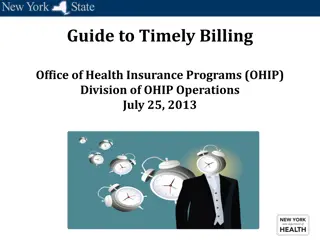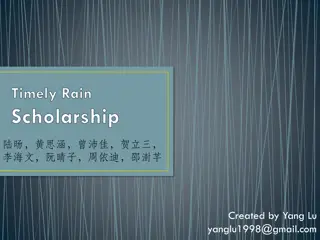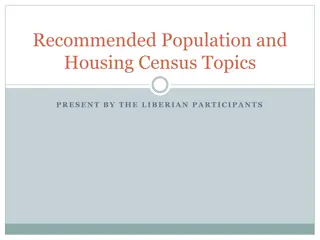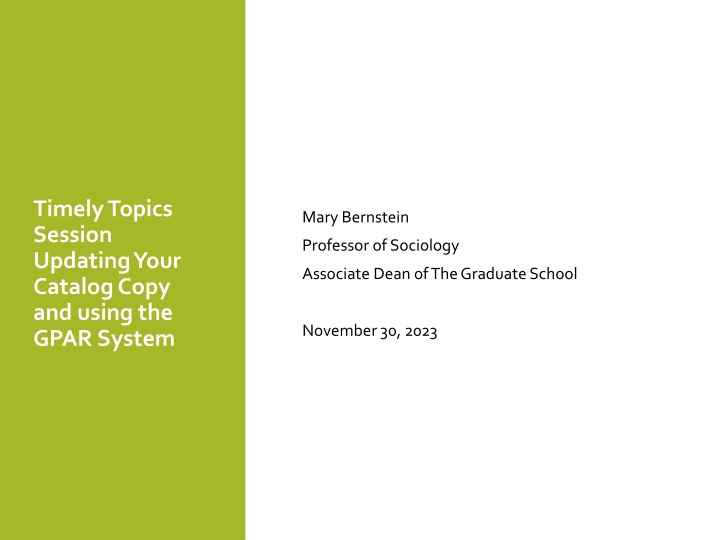
Effective Catalog Copy Updates and GPAR System Usage
Enhance your understanding of the GPAR system and procedures for modifying the Graduate Catalog. Learn how to leverage the GPAR system for program changes and approvals, ensuring up-to-date and accurate information. Discover what to include and exclude in catalog copy reviews to maintain relevance. Explore the electronic workflow for implementing catalog changes seamlessly.
Download Presentation

Please find below an Image/Link to download the presentation.
The content on the website is provided AS IS for your information and personal use only. It may not be sold, licensed, or shared on other websites without obtaining consent from the author. If you encounter any issues during the download, it is possible that the publisher has removed the file from their server.
You are allowed to download the files provided on this website for personal or commercial use, subject to the condition that they are used lawfully. All files are the property of their respective owners.
The content on the website is provided AS IS for your information and personal use only. It may not be sold, licensed, or shared on other websites without obtaining consent from the author.
E N D
Presentation Transcript
Timely Topics Session Updating Your Catalog Copy and using the GPAR System Mary Bernstein Professor of Sociology Associate Dean of The Graduate School November 30, 2023
Overview of Todays Session Topics for today: Review the GPAR system and the process and deadlines for making changes to the Graduate Catalog through the system. Discuss how the GPAR system can be used for other program changes, including approvals of new programs and other program modification changes in names, areas of concentrations, pathways, delivery modes, locations
Overview of Catalog Copy Programs should review annually: Catalog language to determine if any changes need to be made. GPAR approvers (sent annually by TGS) to ensure they are up to date. Reviewing Program Language: Very brief description of program and areas of concentration (AoC) offered (if any) Clear and up-to-date requirements for programs and AoC s, such as: Course requirements (and restrictions) by course number, not full name or instructors Elective requirements (and restrictions) Credit requirements (especially if different from TGS minimum) Credit sharing (e.g., for accelerated Master s; certificates & degrees) Exam requirements (e.g., master s final exam, doctoral general exam, other special exams) Other special requirements
Overview of Catalog Copy What does not need to be included? Course titles and descriptions, or names of faculty teaching courses E.g., EPSY 5605, NOT EPSY 5605, Quantitative Methods in Research I Descriptions of processes (e.g., when/how general exams are given) Detailed admissions information Catalog as a pseudo contract: Programs can allow substitutions and waivers (within TGS minimums) Major advisors can have more specific requirements for their students (subject to TGS limitations)
How to make changes to catalog copy? Changes are made through the GPARsystem (electronic workflow): https://grad.uconn.edu/faculty/gpar/
What is GPAR? (Graduate Program Approval Request) Electronic workflow for approval of actions related to graduate degree and certificate programs (not for undergraduate program changes) Types of Actions creation, modification, or elimination of program changes to program requirements in Grad Catalog Similar to, but distinct from, Course Action Request (CAR) GPAR is for graduate program changes CAR is for graduate (and undergraduate) coursechanges (run by Senate) The Graduate School views CARs for courses graded S/U and those under the auspices of TGS
Automatically routes proposals through necessary approval stages (depending on nature of proposal), including: Department(s) School/College(s) Review by Registrar s Office, CETL, ISSS, Library The Graduate School (Executive Committee) Provost s Office (CoD, BoT) What does GPAR do? Be sure to list all of the departments and schools/colleges involved. Allows initiator to track and share proposal Notifies various units of final approvals for subsequent action Archives approved proposals
Changes in catalog copy: What is needed? Change program requirements and/or Graduate Catalog copy: Old catalog copy (only sections being revised) Proposed new catalog copy Explanation/justification for change Clearly explain credit-sharing for accelerated Master s
New Programs (before submitting your GPAR) Entrepreneurial programs (certificates & Master s): Consult with CETL Learning objectives Market research Kate Clark regarding MOU Appropriate CIP* code (consult with Sarah Croucher as needed) *Classification of Instructional Programs
Deadlines All graduate catalog changes need to reach the Registrar s Office by March 1. This is NOT the deadline for submission to GPAR Deadline for GPAR submission depends on type of proposal. Reminder of approval levels needed before a proposal reaches the Registrar: Department(s) School/College(s) Review by Registrar s Office, CETL, ISSS, Library Graduate School Possibly Provost s Office (CoD, BoT)
Changes to Catalog copy only (no Provost/BOT action needed): Must reach Graduate School by February 1 Should be submitted to GPAR no later than January 15 Proposals requiring approval through Provost s Office (e.g., new programs, name changes, new areas of concentration in some fields, etc.): Should be submitted in early fall (last Executive Committee of The Graduate School is in November) (for inclusion in catalog) Guidelines for Deadlines Note: New programs can still be offered in fall even if they are not in the catalog, but GPAR proposal needs to reach Grad School by February 1 should be submitted to GPAR no later than January 15 Proposal initiators should track their proposals to be sure they are moving forward in the system (and not stuck at an approval level)
Track Your Proposal GPAR Request ID Workflow Stage
Approval by The Graduate School A coherent curriculum appropriate to the subject with learning objectives Already approved courses in place for the curriculum Appropriate faculty associated with the program A faculty leader for the program Evidence that there are resources to support the program. The Executive Committee Will Want to See:
How to use the system https://grad.uconn.edu/faculty/gpar/
Upcoming Timely Topics Fellowships Process and Updates This session will serve a two-fold function: first, it will introduce new staff and faculty to The Graduate School s Jorgensen, Harriott, and Crandall Fellowships; and second, this session will share updates for those familiar with these fellowships. We will cover the nomination and selection processes, as well as detailed information on dates, diversity statements, and best approaches. This will be followed by a Q&A. Thursday, December 7, 2023 11am-12pm REGISTER | View All Timely Topics

